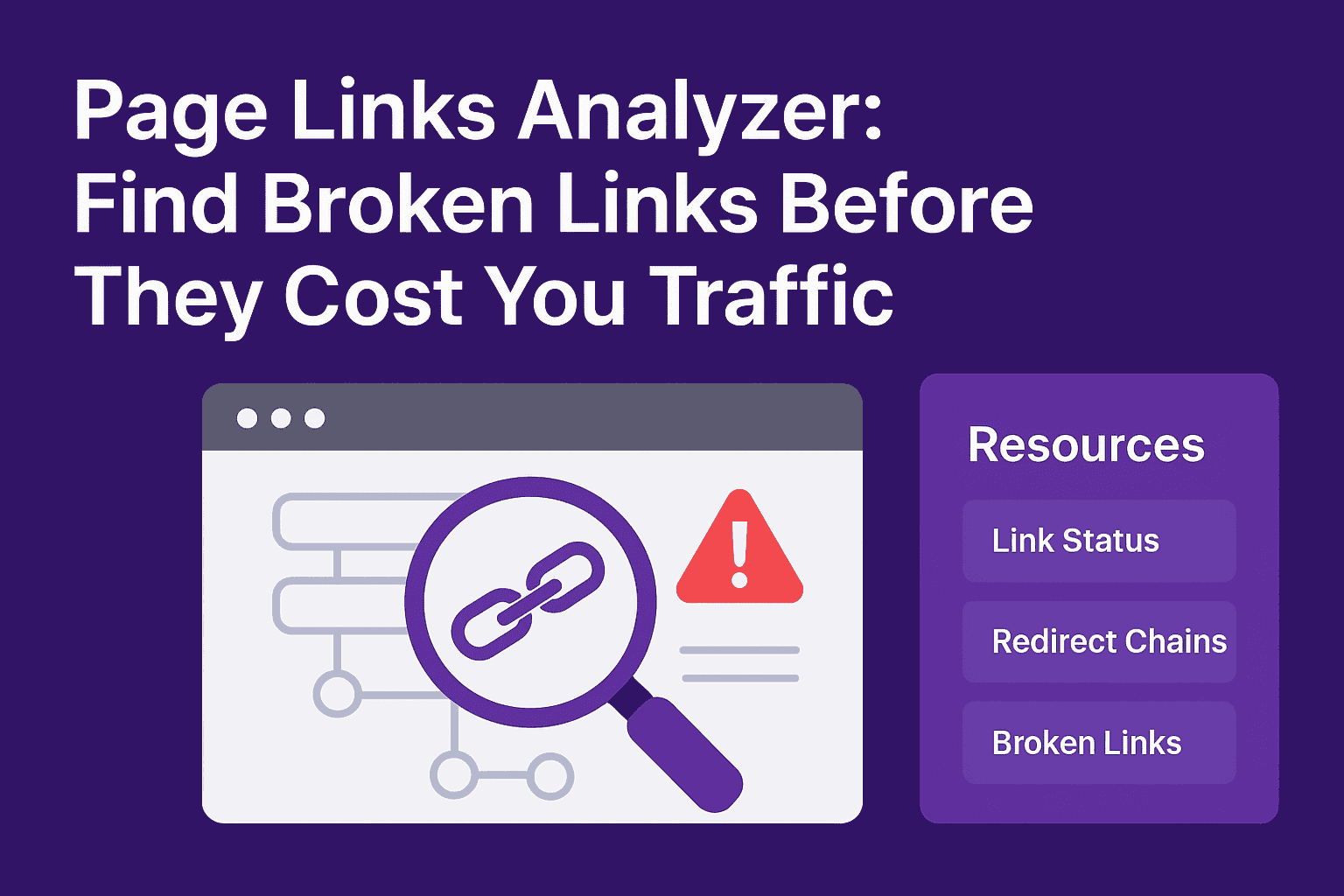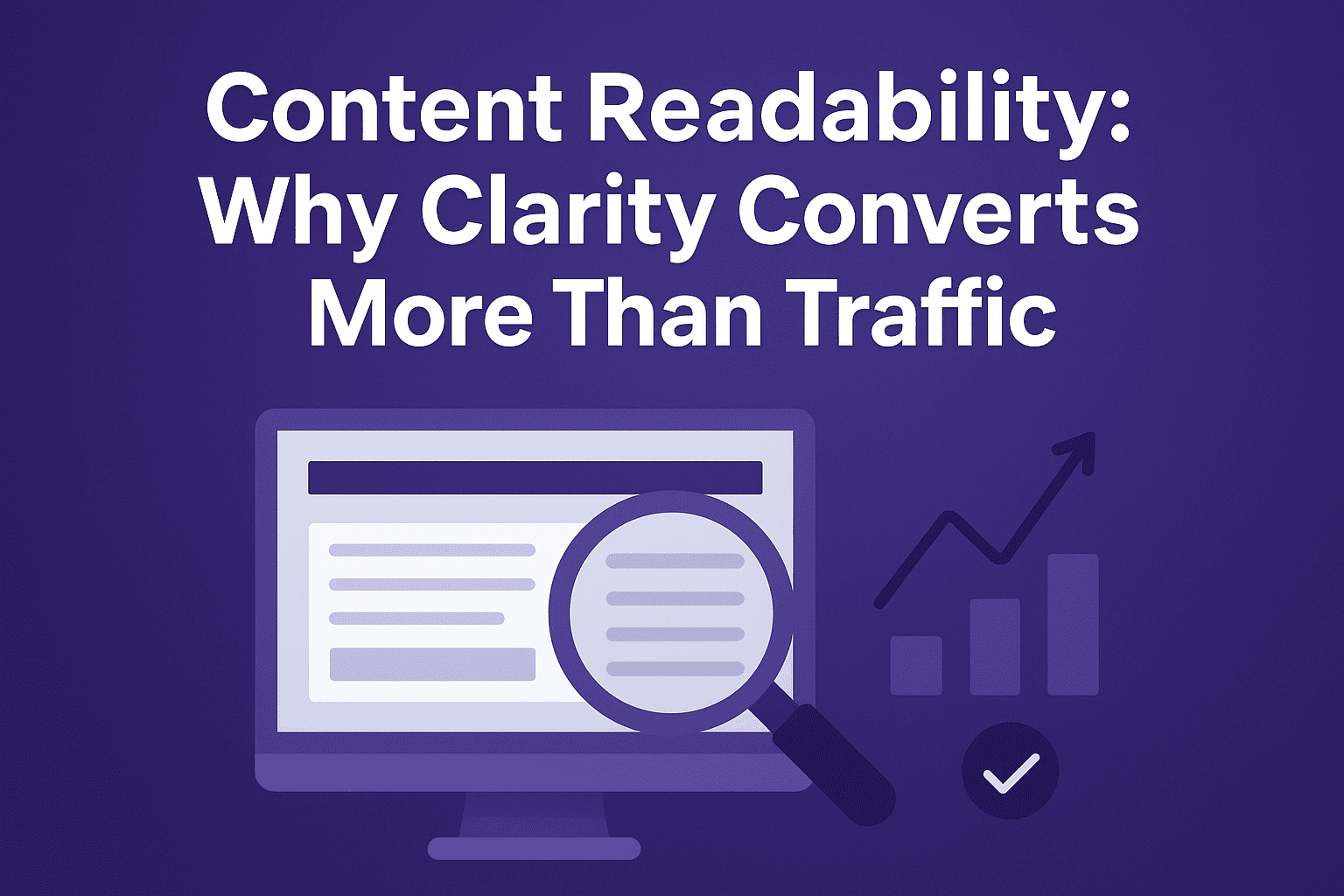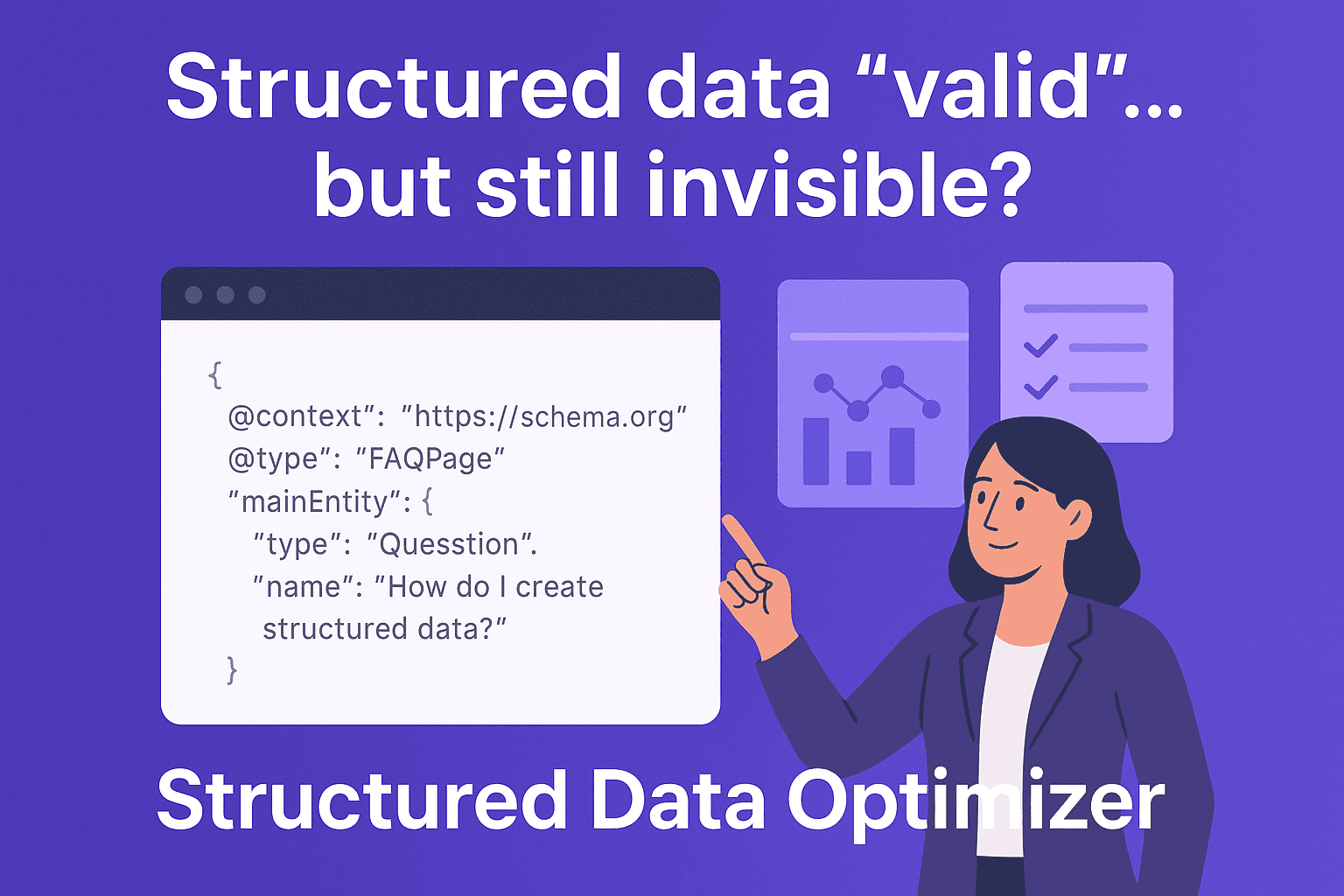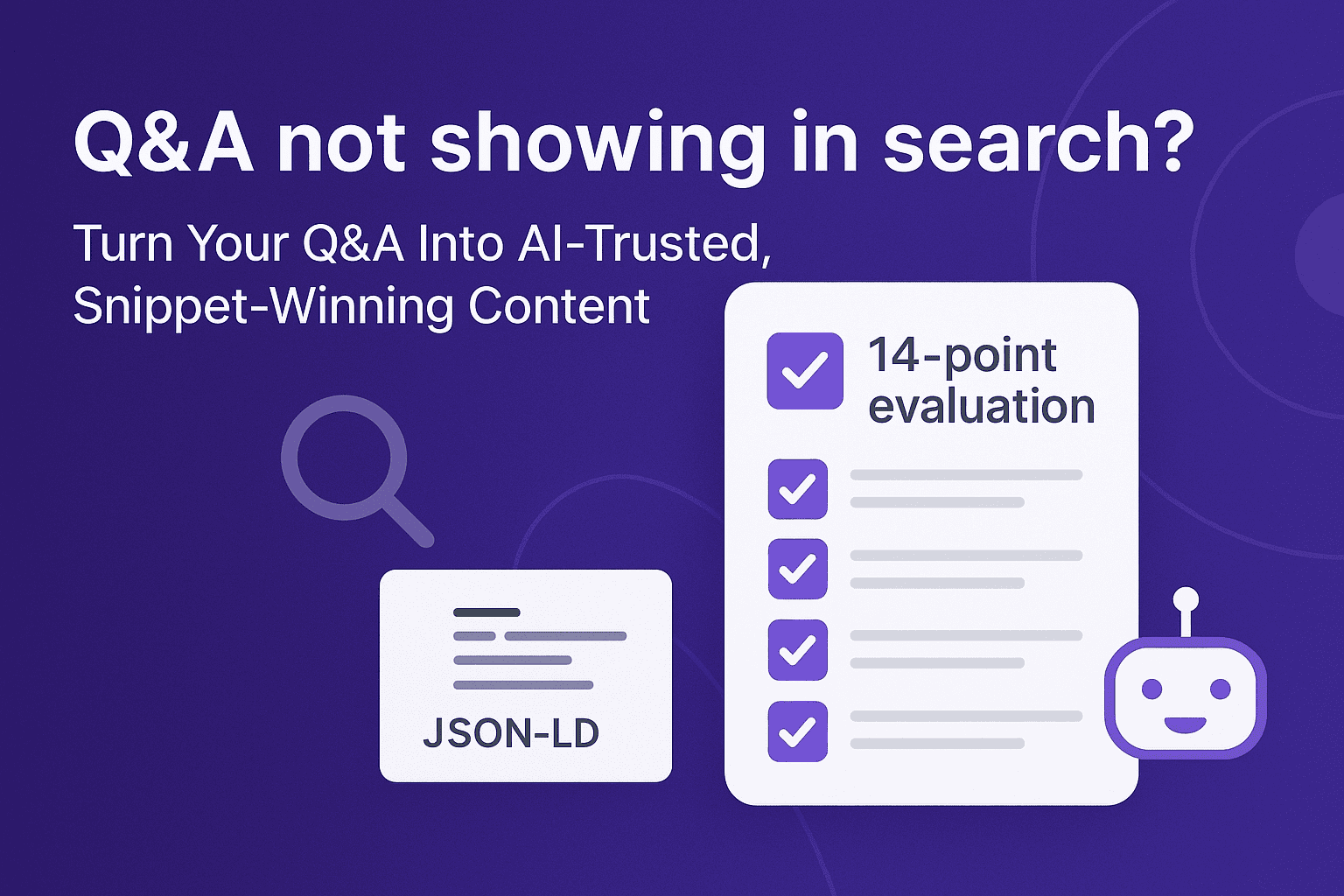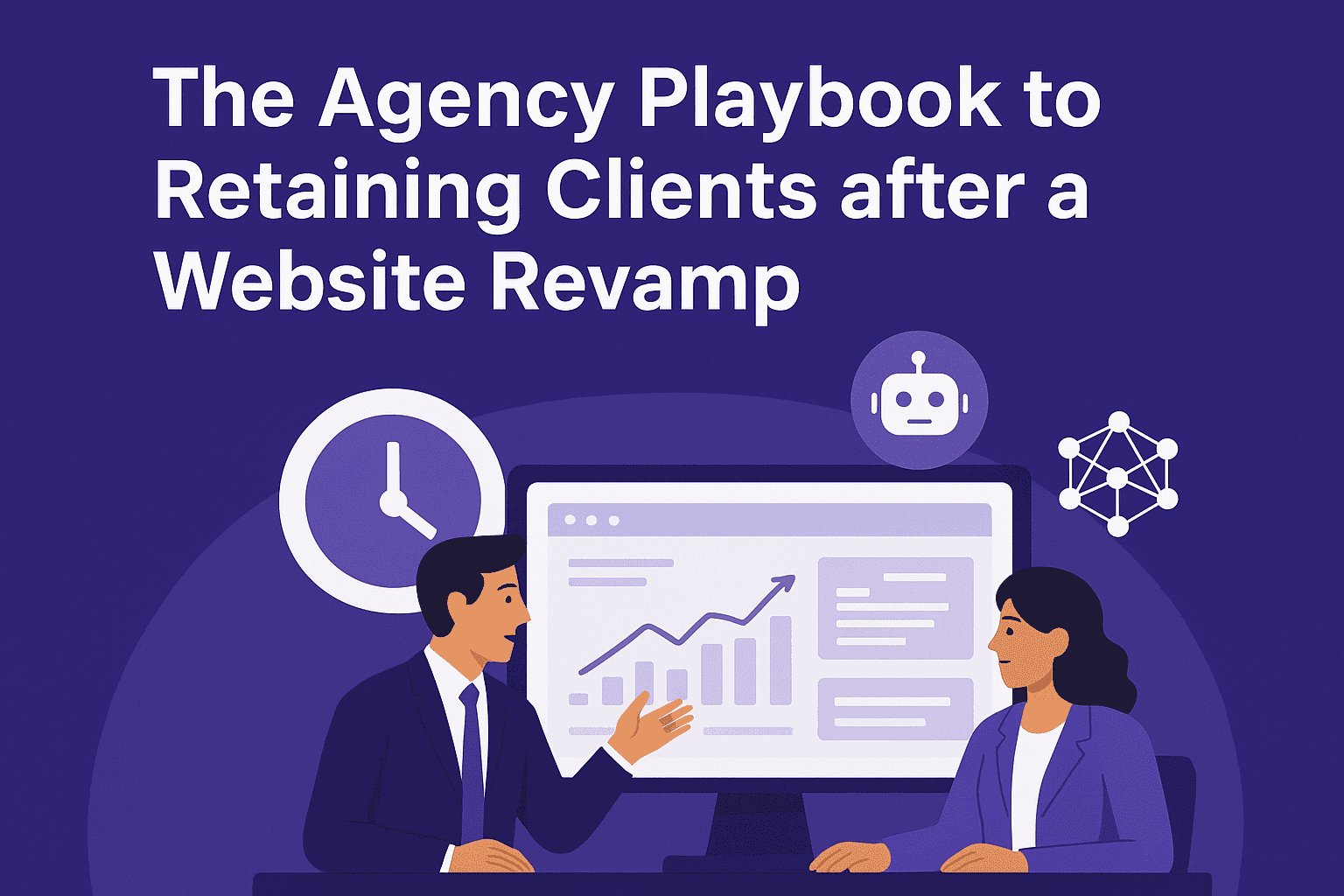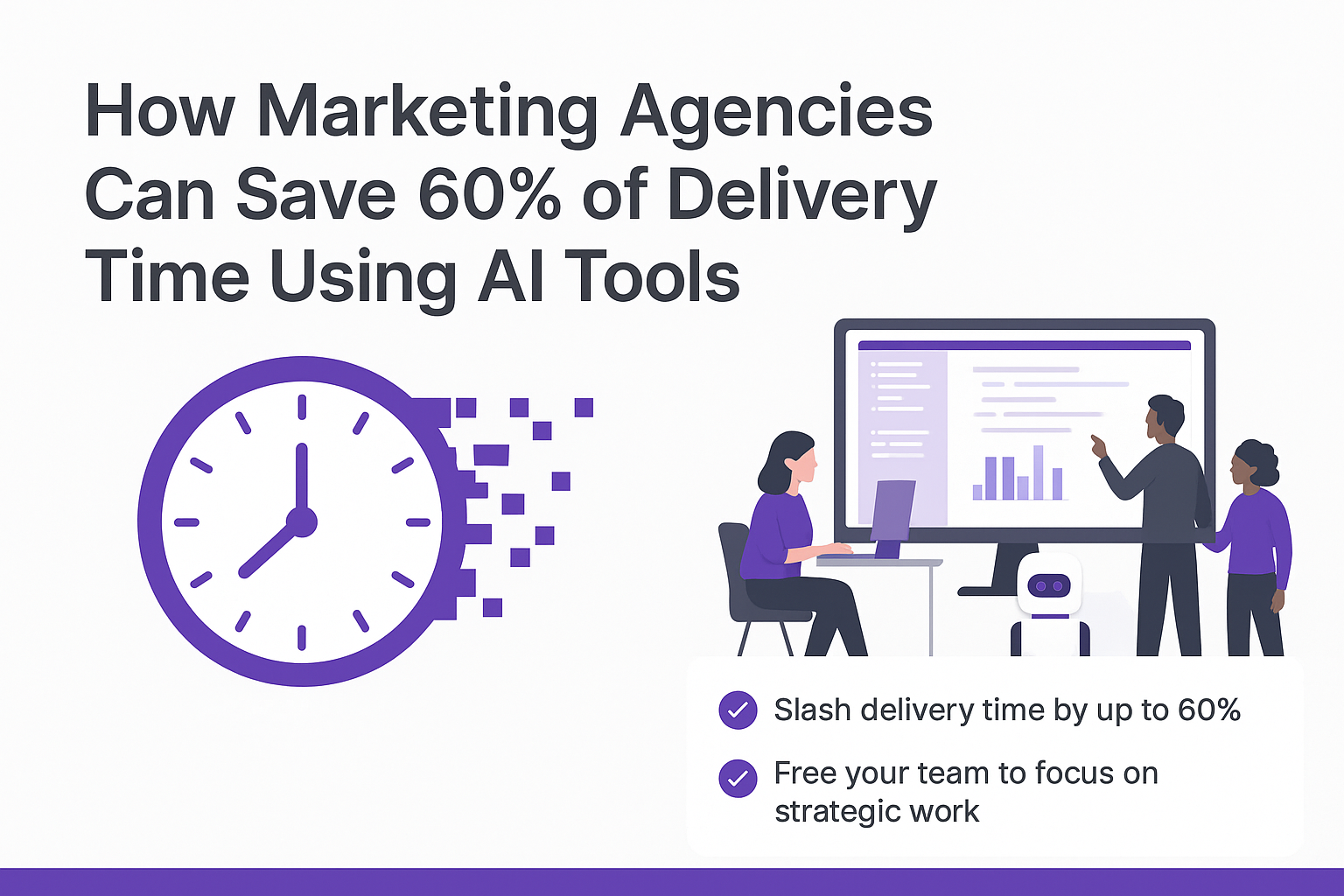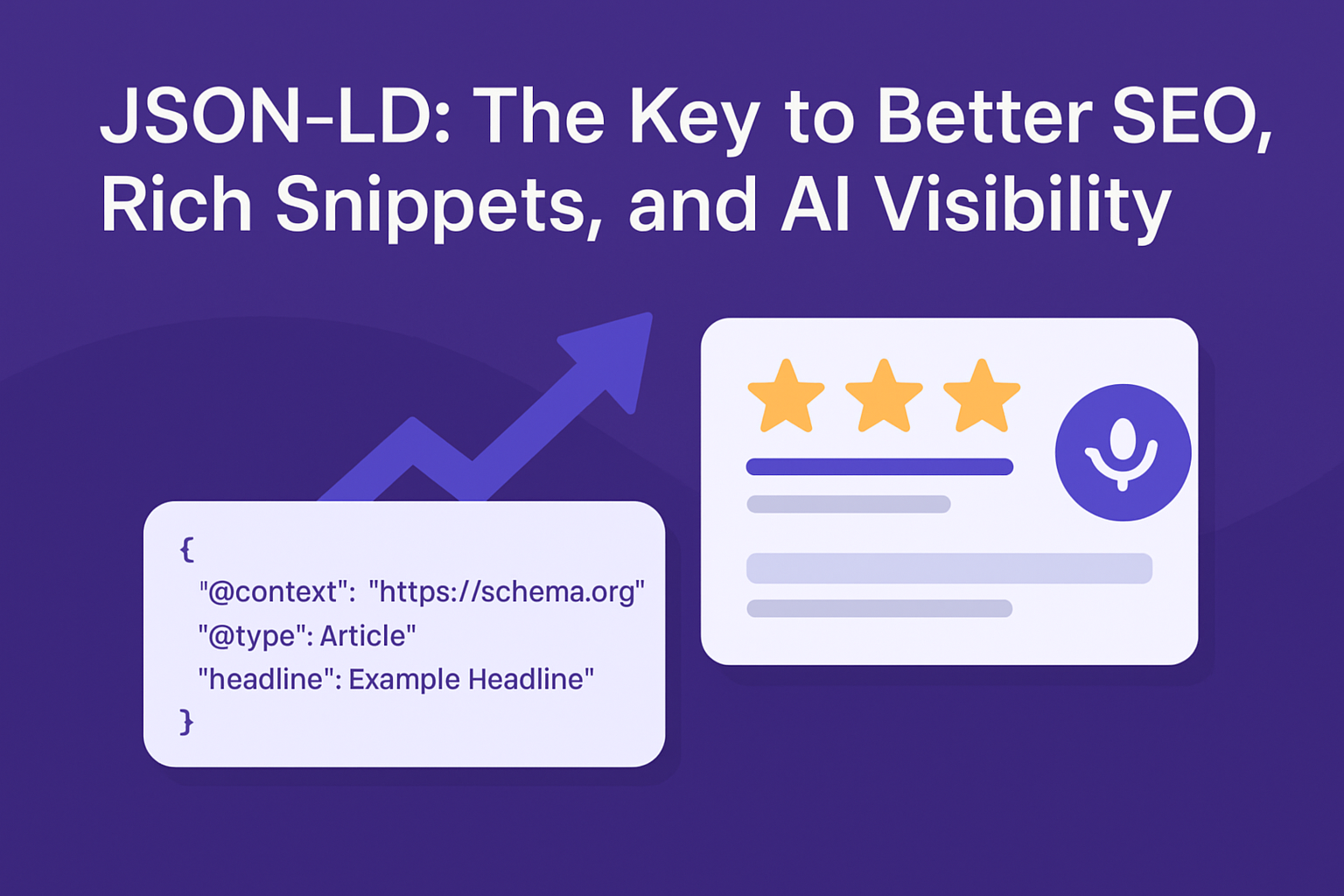
Introduction
Search engines and AI systems are getting smarter every day — but they still need help understanding your website. That’s where structured data comes in. By adding the right markup, you can give Google, Bing, and AI assistants the context they need to display your content in rich and engaging ways.
What is JSON-LD?
JSON-LD (JavaScript Object Notation for Linked Data) is a lightweight method of adding structured data to web pages. It uses simple code snippets in JSON format that tell search engines what your content means — not just what it says.
Unlike older methods like Microdata or RDFa, JSON-LD doesn’t clutter your HTML. It’s clean, easy to implement, and officially recommended by Google.
Why JSON-LD is Important
Search engines need context to properly rank and display content. JSON-LD provides that context.
- Boosts SEO: Helps search engines better understand your pages.
- Feeds AI systems: Structured data helps large language models and AI assistants deliver accurate answers.
- Enables rich snippets: Think stars on reviews, FAQs in search, event listings, and recipe cards.
- Improves click-through rates (CTR): Eye-catching results stand out and attract more clicks.
JSON-LD bridges the gap between your website and the intelligent systems interpreting it.
Impact on Search Results & AI Assistants
Adding JSON-LD can transform how your site appears in search and how AI systems read your content.
- AI-Driven Search: Emerging AI search platforms like Gemini, ChatGPT, and Perplexity use structured data to provide faster, more accurate results.
- Rich Results in Google Search: From star ratings and FAQs to event details, JSON-LD powers the visual enhancements that catch user attention.
- Knowledge Graph Inclusion: By defining your business, articles, or products clearly, JSON-LD increases your chances of being featured in Google’s Knowledge Graph.
- Future-Proof SEO: As search engines move toward an AI-first experience, structured data will only become more important.
How to Use JSON-LD
Getting started with JSON-LD is simpler than it looks. Here’s the process:
- Choose the schema type: Decide whether you need Article, Product, LocalBusiness, FAQ, Event, or another type of schema from schema.org.
- Generate the JSON-LD code: Use a generator tool (like Purple Leaf’s).
- Insert into your website: Paste the code in your page’s <head> section.
- Test before going live: Validate using Google’s Rich Results Test or Schema.org Validator.
Best Practices for JSON-LD
To get the most from JSON-LD, follow these guidelines:
- Always use the latest schema.org vocabulary.
- Mark up only the content that’s visible and accurate.
- Keep code clean and readable for easy updates.
- Update schema whenever your page content changes.
- Test with validation tools before publishing.
Common Mistakes to Avoid
Even though JSON-LD is simple, mistakes can limit your results:
- Marking up content that doesn’t exist on the page.
- Using outdated or incorrect schema types.
- Adding unnecessary properties (“over-optimization”).
- Forgetting to run validation tests.
JSON-LD Examples
1. Article Schema Example
{
"@context": "https://schema.org",
"@type": "Article",
"headline": "How to Use JSON-LD for SEO",
"author": {
"@type": "Person",
"name": "Jane Smith"
},
"datePublished": "2025-09-23",
"publisher": {
"@type": "Organization",
"name": "Purple Leaf"
}
}
2. LocalBusiness Schema Example
Here’s how a dummy local business might structure its data:
{
"@context": "https://schema.org",
"@type": "LocalBusiness",
"name": "Example Digital Agency",
"address": {
"@type": "PostalAddress",
"streetAddress": "123 Example Street",
"addressLocality": "Sampletown",
"addressRegion": "QLD",
"postalCode": "4000",
"addressCountry": "Australia"
},
"telephone": "+61-7-1234-5678"
}
3. Product Schema Example
Showcasing Purple Leaf’s own tool:
{
"@context": "https://schema.org",
"@type": "LocalBusiness",
"name": "Example Digital Agency",
"address": {
"@type": "PostalAddress",
"streetAddress": "123 Example Street",
"addressLocality": "Sampletown",
"addressRegion": "QLD",
"postalCode": "4000",
"addressCountry": "Australia"
},
"telephone": "+61-7-1234-5678"
}
How Purple Leaf Can Help
Creating JSON-LD manually can be intimidating. That’s why we built the Purple Leaf JSON-LD Generator Tool.
With it, you can:
- Generate schema for multiple content types (Article, Local Business, FAQ, Product, and more).
- Copy-paste ready-to-use JSON-LD code into your website.
- Ensure compliance with Google and schema.org standards.
- Avoid costly mistakes that could prevent rich results from appearing.
Purple Leaf specializes in AI-powered tools that make your website more SEO- and AEO-friendly while also strengthening your social media presence. Our generator is just one example of how we help businesses simplify technical SEO and stay ahead in the AI-first search era.
Conclusion
JSON-LD is no longer optional — it’s essential. From boosting your SEO with rich snippets to powering AI-driven search experiences, structured data is the bridge between your website and the intelligent systems that interpret it.
Don’t let complexity hold you back. With Purple Leaf’s JSON-LD Generator Tool, adding structured data to your website has never been easier.
👉 Start today and give your website the visibility it deserves.
